Is it worth having an author website?
A little while back, Virginie Carmichael went into the ins and outs of having your own author website, but one of the questions that still remains for many authors is whether they really need one in the first place. With Facebook Pages and Amazon Author Central accounts both offering a place to reach and communicate with readers, some authors think investing in a domain name and website is a waste of time and money. For some further perspective on the question, Ginger is here to weigh in with his own views on the pros and cons of investing in your own website.
Is it worth investing in an author website?
We’re nearly two decades past the “dot com” boom, and these days people are far more likely to ask for your ‘handle’ than your ‘dot com’ when they want to keep in contact with you – which raises the question of whether it’s still worth it to buy a domain name and host a website for your author identity.
It’s not a dumb question! Ten years ago, it was a mark of prestige to have your authorname.com website out there for readers to visit and explore – and when blog posts were popular, they were also a great way to attract new readers through organic discoverability.
But these days, social media is the driving force behind expressing yourself creatively and commercially – so is one better to focus on than the other?
The pros and cons of an author website
Perhaps the most obvious advantage of having a website for your author identity (either your real name, or your pen name) is that it’s a place for you to exist on the web. If anybody Googles your author, it’s nice for your website to pop up in the search results (ideally at the top) and it broadcasts to potential readers that, yes, you’re that kind of author – one with their own website.
However, that comes at a cost – literally. While domain names generally only cost about $20 a year (including privacy protection) having a website also requires you to pay for hosting and having an email address tied to that domain – not to mention, you’ve got to either design or pay for a website to host there in the first place, and have something to say on it!
For a lot of authors, this becomes just one more expense gnawing away at their bottom line, and one more task in the never-ending todo list of items that need to be worked on, but never actually get done. Multiple social media accounts and newsletters are already more than many authors have time to keep up with, and even then it’s very rare to see a huge amount of direct return on investment for all that time (and/or money) you’ve invested. It’s just another thing for us writers to procrastinate and stress about.
That being said, there are some very specific advantages to having your own website depending on how seriously you take writing and publishing. If you’re focused on trying to turn self-publishing into a viable business, a website delivers a lot of advantages you won’t find as easily somewhere else.
For example, many authors use their own website to host their landing pages when they advertise for new subscribers. This has become especially common now that Facebook is providing reduced returns with their Lead Generation ads, and Apple have caused problems with their privacy restrictions. By hosting a page on your website to capture mailing list sign ups, you get to design it exactly the way you want, and have access to much more sophisticated analytics options than using a service like MailChimp to host your signup page. This allows for optimization and customization, and can produce much higher conversion rates for those with a background in ecommerce.
Not to mention, your own domain is required for accounts with services like MailChimp, so if you’re going to have to pay for a domain name, it makes sense to have something for people to find there. You just have to decide if there’s a way you can make your website justify the time and money you invest into creating it.
The pros and cons of Facebook and social media accounts
Many authors, especially the ones just starting out, postpone worrying about a website and focus on creating social media accounts for their author identity – foremost of these being a Facebook Page for their penname (or their real name as-an-author.)
Because you’ll need a Page (not an Account) to do any form of advertising on Facebook, it’s pretty much a given that you’ll have to create one sooner or later – and the advantage of using a Facebook Page as the hub of your author identity is that it’s free, customizable, and already plugged into the largest social media network for your intended readers. You can literally use your Facebook page url (www.facebook.com/yourauthorname) as your website.
You also have your author page on Amazon, although that’s not as easy to keep updated regularly as a Facebook Page, nor is it as customizable. Likewise, you can add other social media accounts, but it’s tough to beat Facebook when it comes to ease of use and the potential audience you have available to you.
The real advantage Facebook and other social media accounts have over a website is traffic and engagement. To get engagement on your website, you’d have to create something for people to engage with (like a blog post) then drive people to that post (usually via Facebook, ironically enough) and there might be the opportunity for readers to leave a comment underneath.
However, on Facebook your posts get pushed out organically (to a tiny percentage of your followers) and all it takes is a click of a button for one of your readers to give you a ‘like’ or a ‘love.’ The opportunity to make a community within your readership as opposed to simply hosting a broadcasting site is invaluable, and that sense of connection your readers have with you is often what keeps them buying your books.
That being said – this comes with pitfalls. I’ve had innocent posts explode on my Facebook page when one reader said something that offended another reader. I’ve had posts removed or censored by Facebook because they feature a bare-chested man on a book cover. I had my account hacked once, and it took six months to recover it. You pay for the ease and function of Facebook by being at its mercy, and as more people reject the dominant influence social media has in their lives, the effectiveness of this platform is slowly being diluted.
So, which is better?
To me, the question of whether you should rely on an author website or a Facebook page is one of goals.
What is it you want to achieve with either platform? If you don’t have a specific goal in mind – other than “wouldn’t it be nice to have a website?” I wouldn’t invest much time or effort into creating one. If you still need to buy a domain name for your email service (i.e. MailChimp) you can answer the question of “what should I have up there?” by simply redirecting the URL directly to your Facebook page instead of worrying about building a separate website.
This frees up all the mental energy of “what should I post there?” and lets you focus on Facebook and/or any other social media accounts that you operate. In terms of “bang for your buck” (or, at least, a return for all the time you invested) you’ll find social media delivers far bigger dividends.
However, that changes when you start to get really tactical about your author career – when you start planning to live off your writing, rather than just write as a side-hustle or a hobby.
When your goals become grabbing new subscribers, or simply selling more books, there are significant advantages to using your own website to achieve them. For example, I’d argue it’s impossible to beat a well-designed landing page on your website for collecting new subscribers with any kind of Lead Generation ad. The opportunity for optimization and customization is simply incomparable.
But you have to know what you’re doing – or pay somebody who does.
For every 100 book sales you might get through a carefully-designed website structure, you might have to drive 1,000 signups from your landing page first, which might take 4,000 clicks to accomplish, which could cost you hundreds or thousands of dollars in ad spend. At this point, it all becomes about numbers, conversions, analytics and data – and that’s normally not the kind of thing writers get into this business to deal with.
However, I’ll tell you this: With the second age of social media upon us, and advertising and ecommerce as intertwined with our lives as eating and breathing, it’s an arena that some authors are killing it in; and the only thing holding you back from joining them is the level of investment, education, and effort it would take to figure it all out.
Start off with Facebook as the center of your author identity – and when that platform becomes too small for you to achieve your goals, then start thinking about a website. Just remember that having a goal behind any action you take is important – never waste time, money, or creative energy on anything just for the sake of having it. Those three resources are best focused on what you were put on this Earth to do – create, write, and publish books and stories.




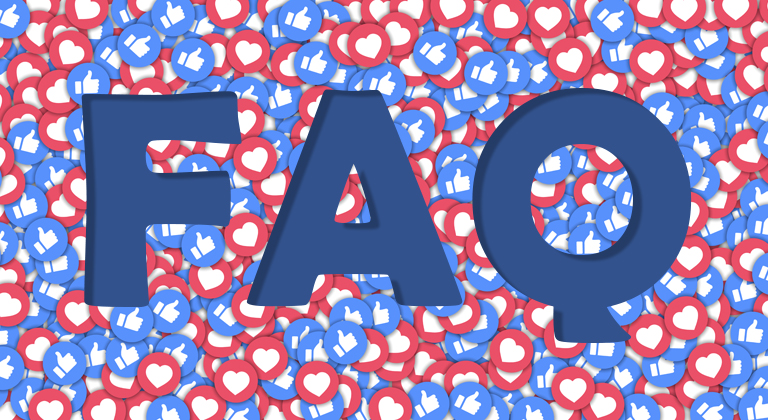
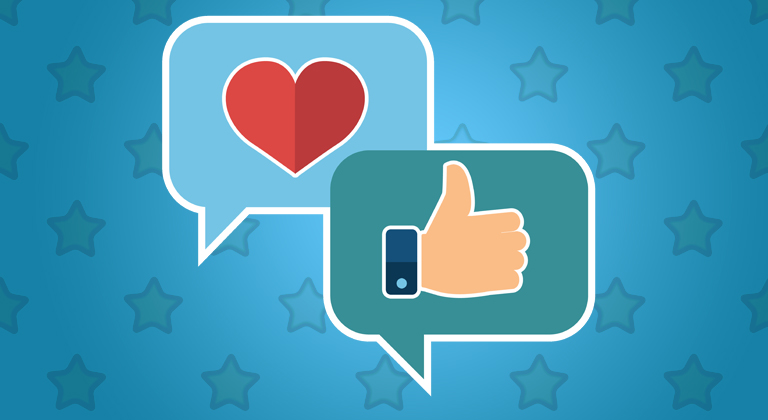

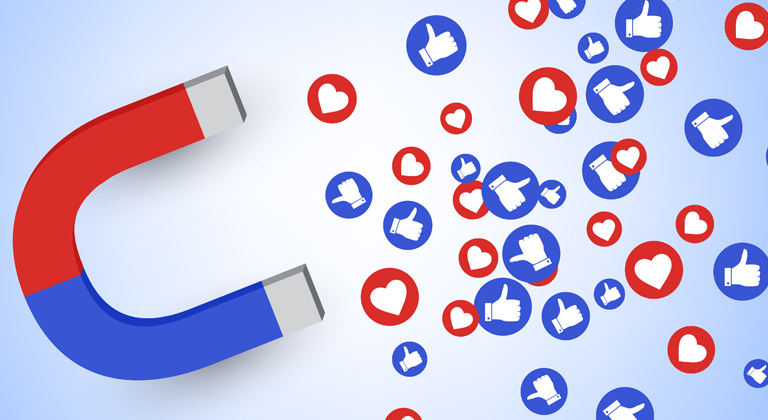

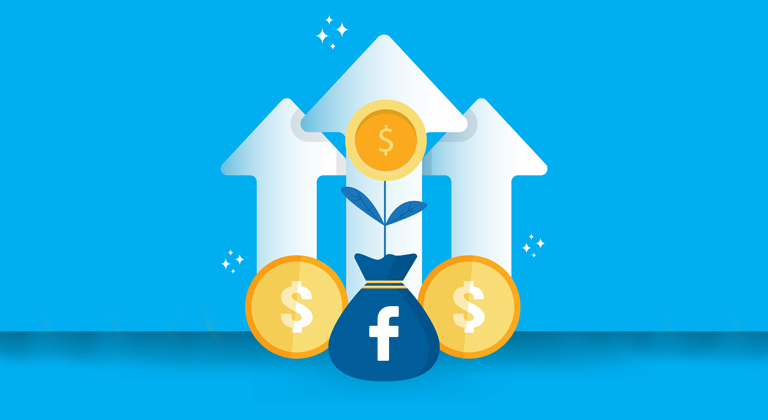
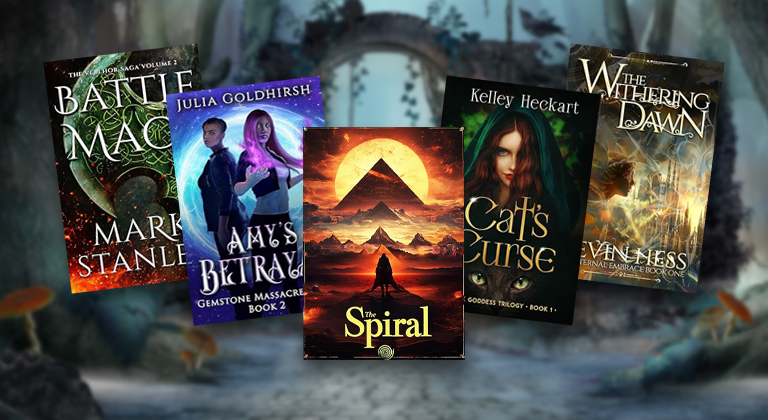
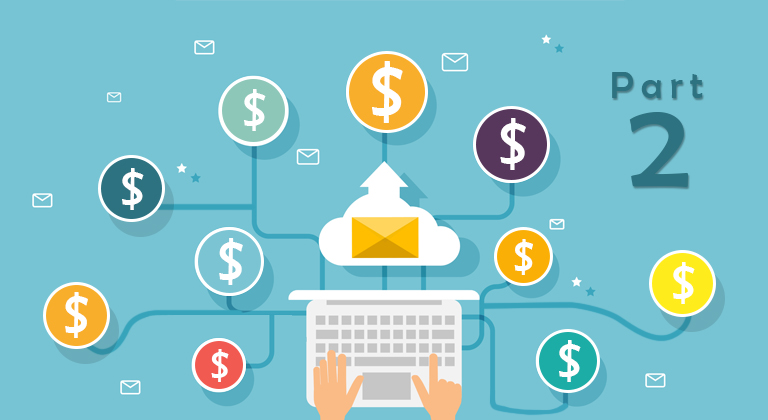
I agree with Stacy (as I usually do – hi Stacy!) Not owning your own real estate – building your career on someone else’s platform – has a name: Digital sharecropping.
And just like with IRL sharecropping, it’s a great deal for the owner of the real estate (Facebook) and a shitty deal for the sharecropper (the author).
I’ll say a few more positives that come from owning your own real estate:
*You can use affiliate links to make sweet, sweet affiliate income from Amazon, BN, GooglePlay, Apple, and Kobo;
*You can sell your print books and even ebooks through your site;
*You can easily link to all storefronts so that the reader can find their site of choice to purchase from;
*With MailerLite, the website has to actually be developed. You cannot just redirect it to FB and call it a day. They won’t give you an account if you do that;
*I’m not into FB ads (that’s putting it mildly…) but even I know that putting a tracking cookie on your site means you can use that info to create more effective FB ads; annnddd…
*This isn’t even taking into account linking to other kinds of media (audio and print) using your site, not just ebooks.
I’d give up my FB page tomorrow without an ounce of regret. In fact, I debate whether I even need it virtually every month when I get the bill from the company that manages my social media profiles for me. But, I have the money so I keep paying. 🤷🏻♀️ But if I ever needed to cut costs, social media would be the first to go.
My website? You can pry it out of my cold dead hands…
E
PS If anyone out there is struggling with creating a website, I happen to use Virginie (who wrote the previous article) and can HIGHLY recommend her services. But whether you use her or someone else, this is a must to becoming a successful indie author, and crucial if you’re a Wide indie author.
Hugs!
Yes, I feel authors need an author website. It’s where you display YOUR books, your work, where you toot your own horn. It’s your space on the net. It’s an important part of your brand. What I see some authors forgetting is that not every reader is on social media and even those who are, they don’t always go looking up an author on social media first. People think everyone is on FB, but it’s not true. Also, another thing, people are too dependent on social networks. You need your OWN space like a mailing list and website. Your list and site is how readers can keep up with you. I recently did a giveaway with a bunch of authors and something went wrong with the event and a reader emailed me to tell me she loved my books (lol) but also told me something went wrong with the giveaway link. She said, “I am so glad you have a website because none of the other authors did so I couldn’t contact them.” She contacted me through my site. All she did was Google me or found my info in my books and emailed me. So yes, while some authors think a website is useless, many readers do use them. And plus you can have a site for free so I don’t know why some authors wouldn’t do this important step for their brand.
Depending on social media is dangerous for a business. It can’t be your sole way of connecting with your fans, no. Didn’t people learn from MySpace? These places don’t stay relevant forever. FB has lost millions of people, some who have stopped using social media altogether. IG isn’t even as popular anymore. Now folks are running to TikTok but neither of these places builds your brand like a site or at least a mailing list. At least have one of these. I can’t believe how many authors still don’t have mailing lists but that’s another topic.
Look at all the authors who are getting banned from using FB ads, etc. They depended on FB. Do we really wanna be dependent on someone who can cut you off from your way of marketing or your fans at will? I know an author who had a fan group on FB and NO mailing list. She got into it with a reader on there, the reader reported her group and FB deleted her group. She had NO way of contacting those readers in her group because she had no mailing list. She was devastated like millions of authors who have been booted from using FB’s advertising. No thanks. I don’t want Mark Zuckerberg running my career.
Authors can do what they want of course but we need to remember to stop looking at our own preferences when judging readers. Again, a website is a big part of your brand and as a professional, having your own space on the web is important.
Good topic!
Thank you for this terrific post. I took different route. Rather than start with Facebook, I started with a website – two in fact. The personal one is for my art and books cjshane.com (I’m an artist as well as a writer) and the other, Ropes End Publishing, is my imprint for my books, classes I teach, etc. I publish a newsletter and a blog which I link to in social media posts. My social media accounts do not include Facebook. FB is problematic for many reasons, it’s getting more expensive and it is less and less effective. I’m glad I started with a website. Thanks again. P.S. I’ll be linking to your article later today in my own social media posts.